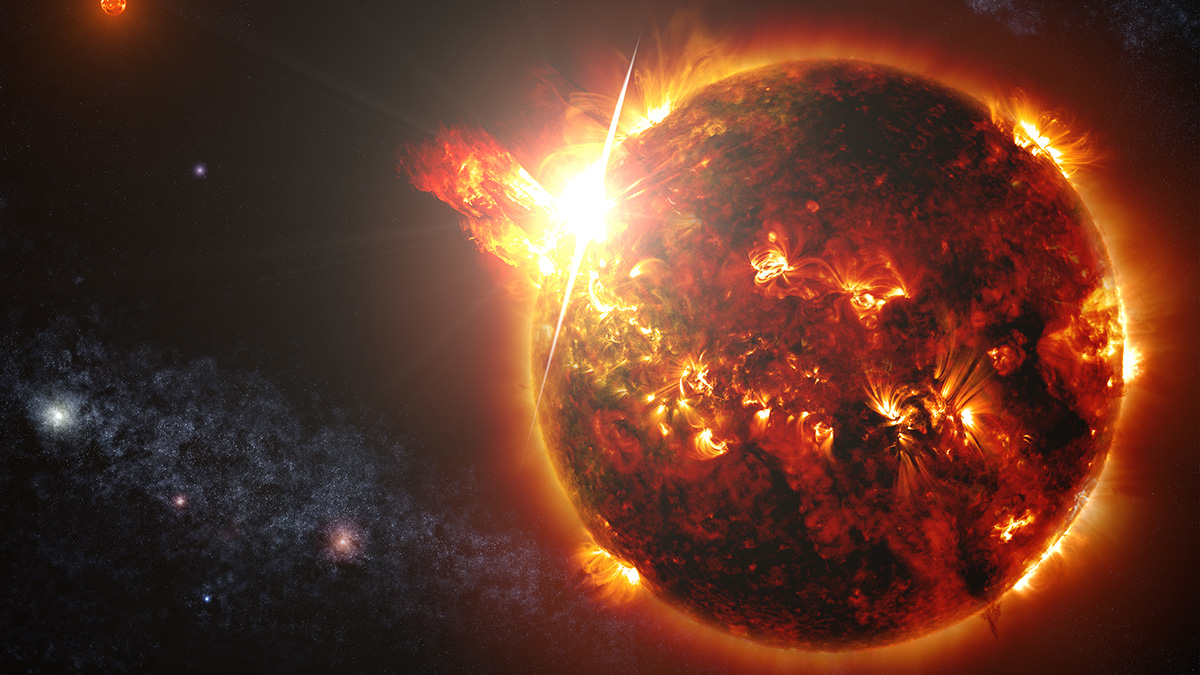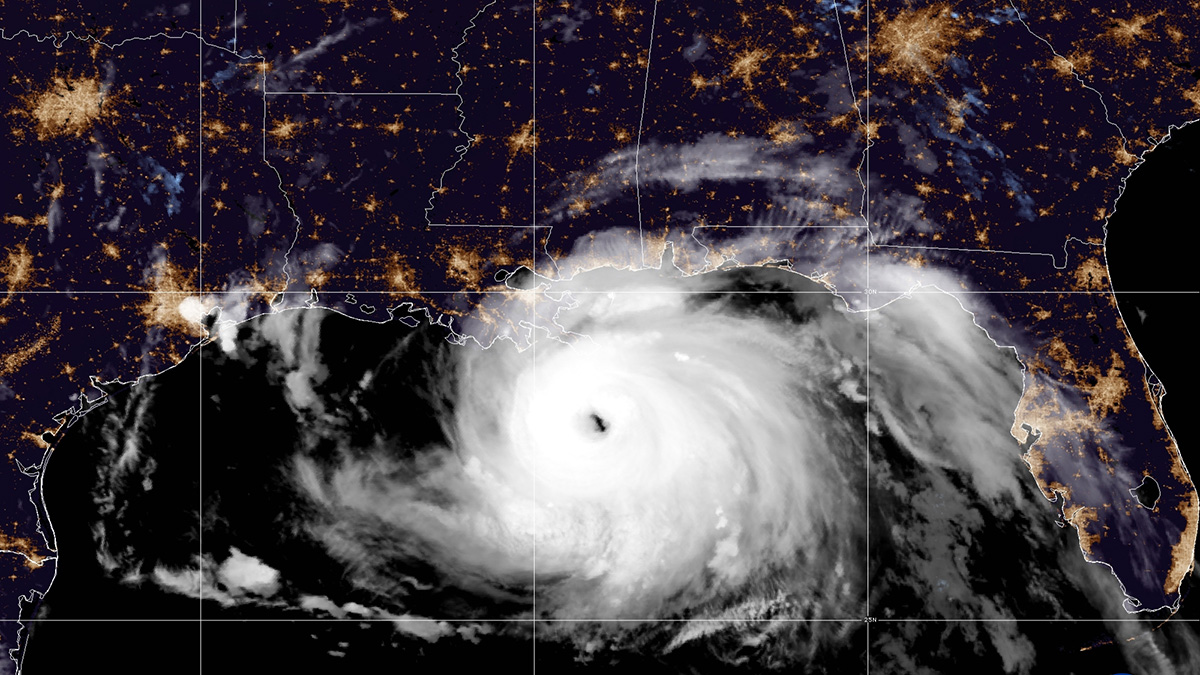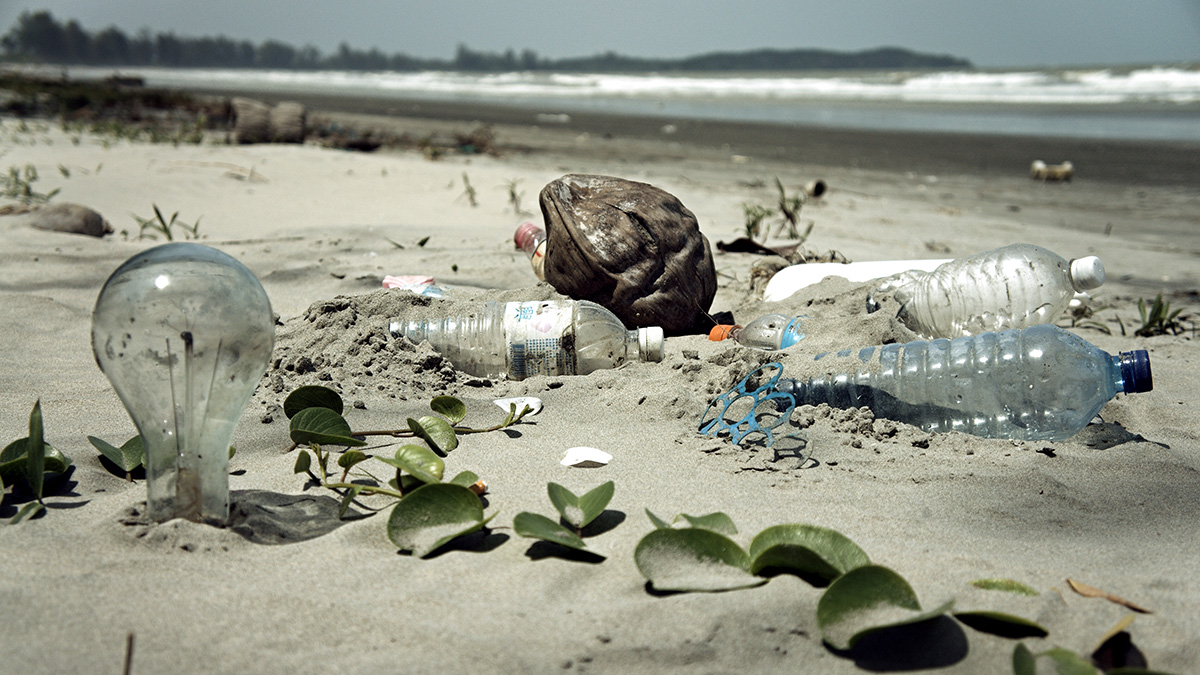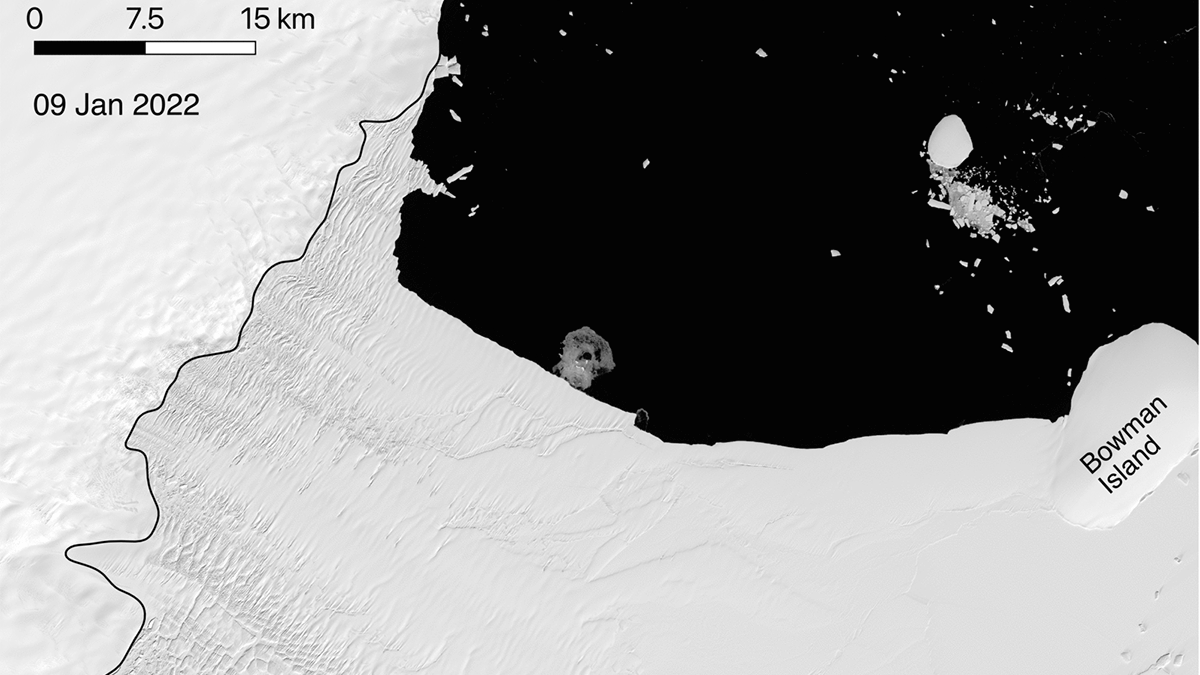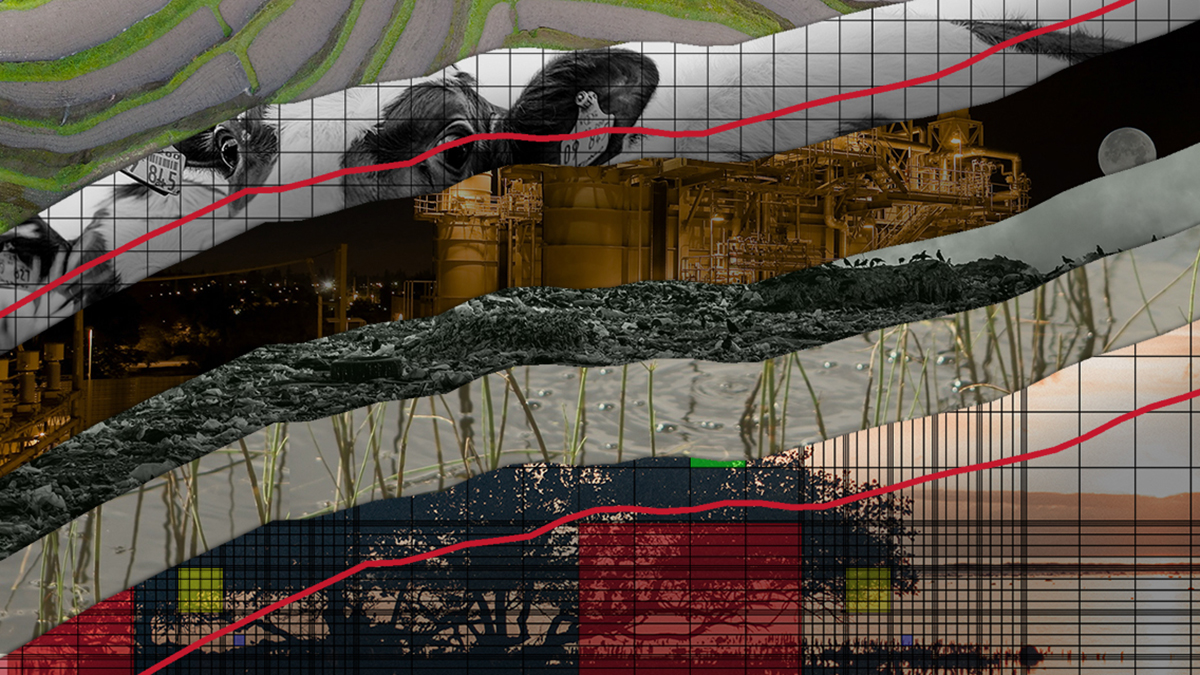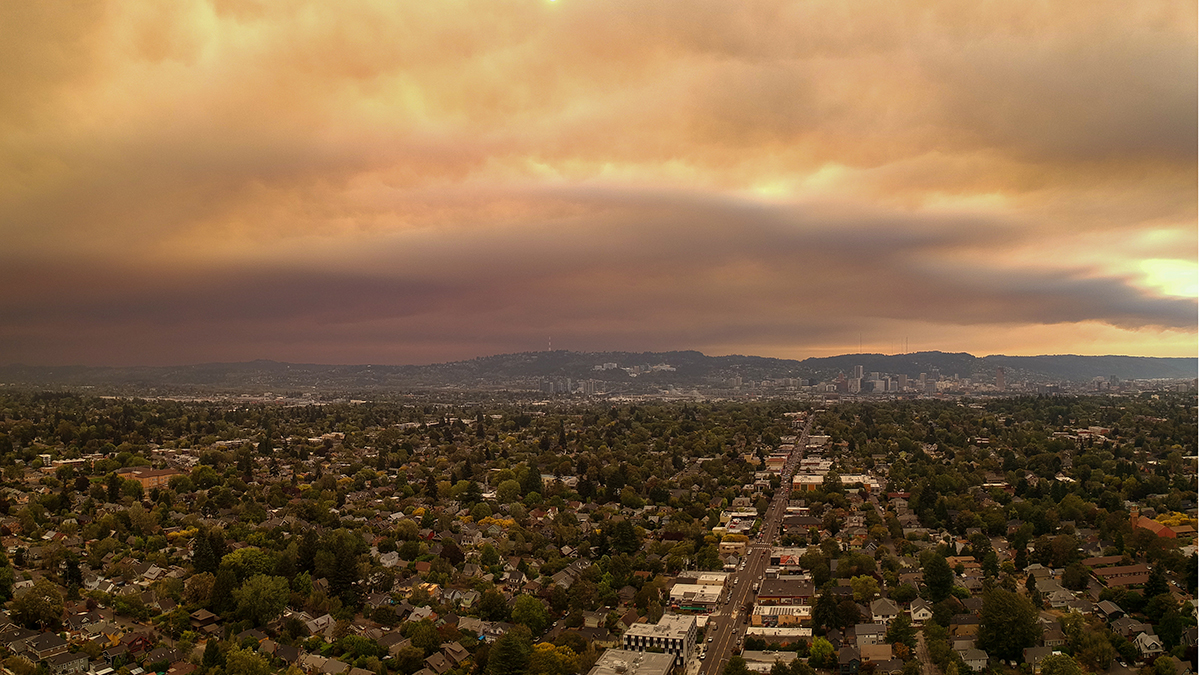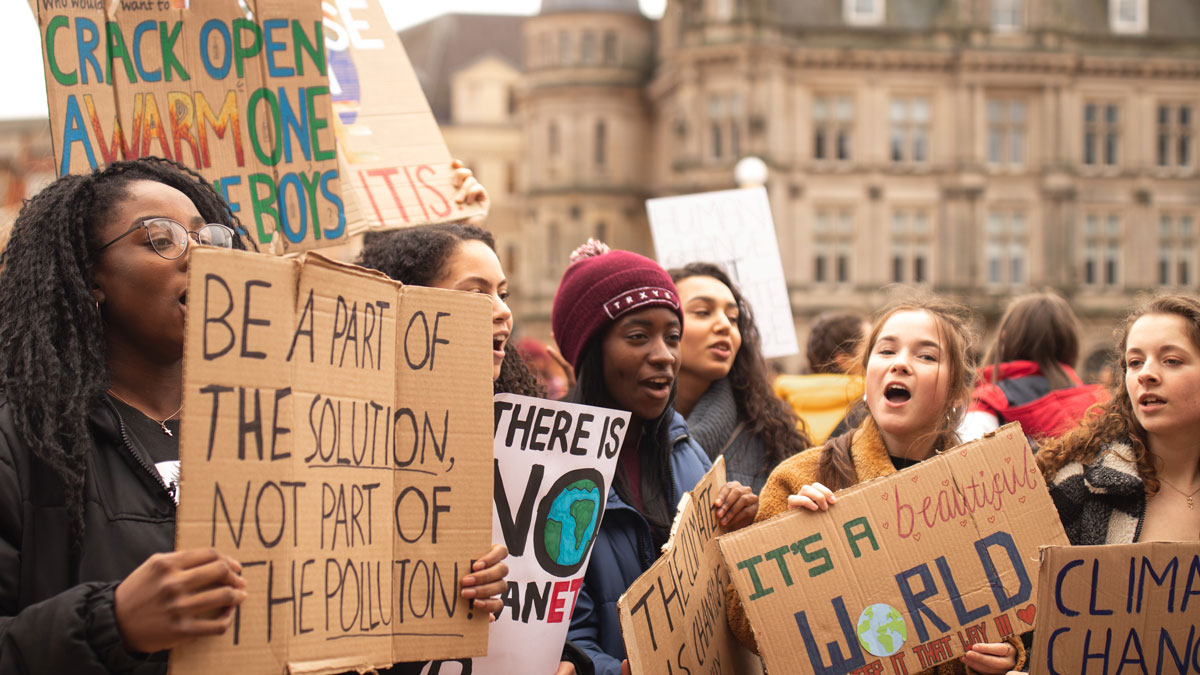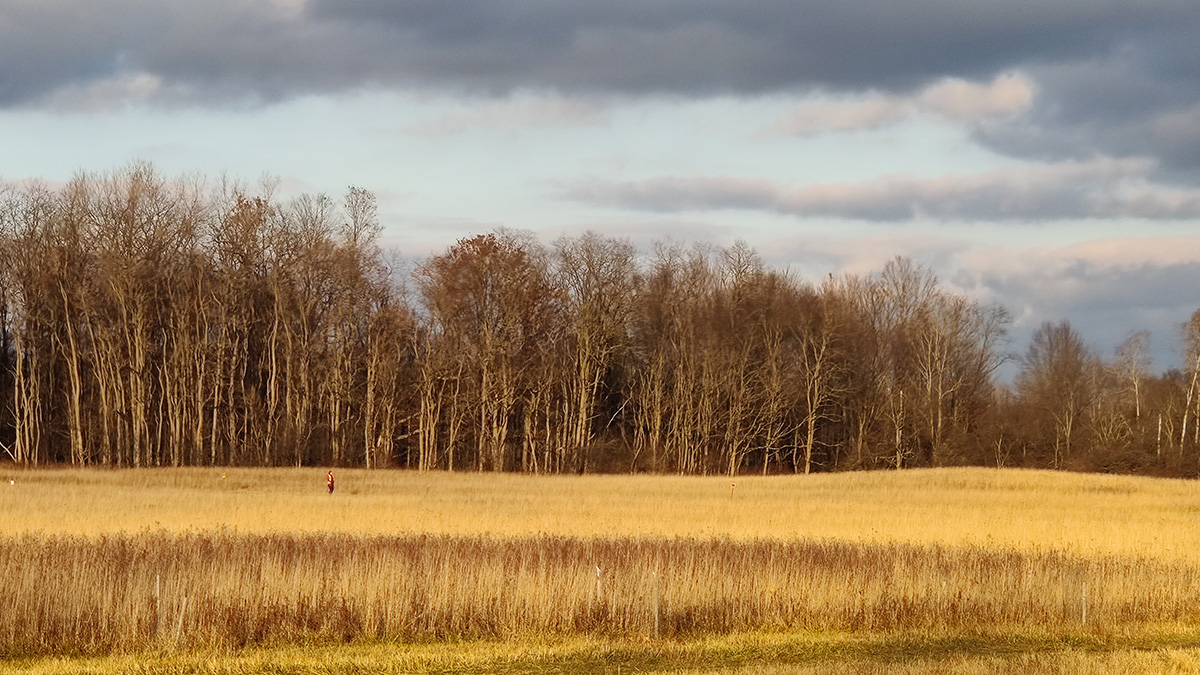Coronal mass ejections from stars have eluded easy observation, so scientists are looking at what’s left behind.
Jenessa Duncombe
Jenessa Duncombe, a News and Features Writer for Eos, joined the team in 2018. She graduated with her master’s degree in physical oceanography from Oregon State University in 2017 and subsequently worked as a freelance writer on research ships. Jenessa first interned with Eos, became the team’s first fellow in May 2019, and joined the staff permanently in March 2020.
Active Hurricane Season Expected in the Atlantic Ocean
La Niña conditions and warm ocean temperatures have set the stage for another busy tropical storm year.
Microscopic Hitchhikers Found on Deep-Sea Plastic
Are bacteria hailing a ride on plastic 2,000 meters deep?
Una nueva pista sobre el colapso de la plataforma de hielo antártica
Un tipo particular de tormenta coincidió con 13 de los 21 eventos recientes de desprendimiento en la Antártida.
A New Clue to Antarctic Ice Shelf Collapse
A particular kind of storm coincided with 13 of the 21 recent calving events in Antarctica.
A Climate Mystery Warns Us to Heed the Unknown
The Curve is a series charting the mysterious rise of methane in our atmosphere and the quest to find its source.
Unhealthy Air Could Become Routine in the Pacific Northwest
If the world stays on fossil fuels, fine particle pollution from wildfire smoke could more than double in the late summer to early fall in the U.S. Pacific Northwest by 2100.
Greenhouse Gases Must Begin to Fall by 2025, Says U.N. Climate Report
Emissions rates are still growing every year, though that growth has slowed. The world needs to reach negative growth soon to prevent a potential 3.2°C rise by the end of the century.
Forest Edges Are More, Not Less, Productive Than Interior Forest
The boundaries of northeastern U.S. forests suck in more carbon dioxide than previously thought.
Climate Report Rebukes Overshoot Plans with “Irreversible Consequences”
Many pathways to stopping climate change involve overshooting 1.5°C temporarily. The latest synthesis of 34,000 references says that’s a bad idea.

